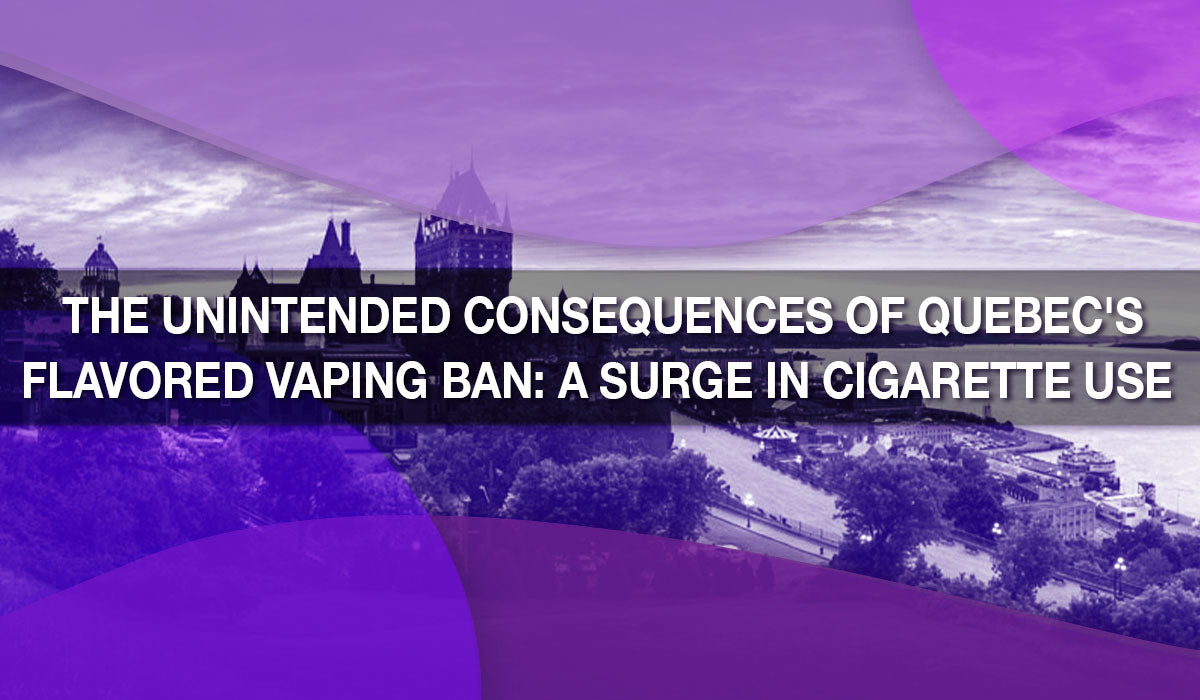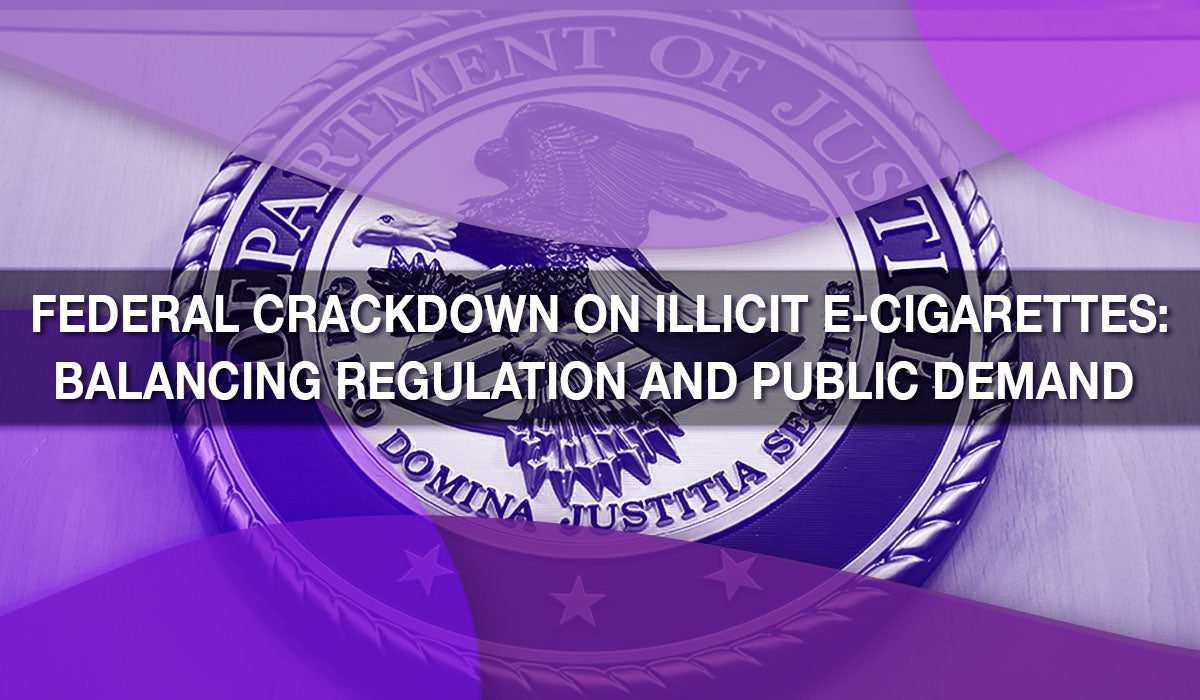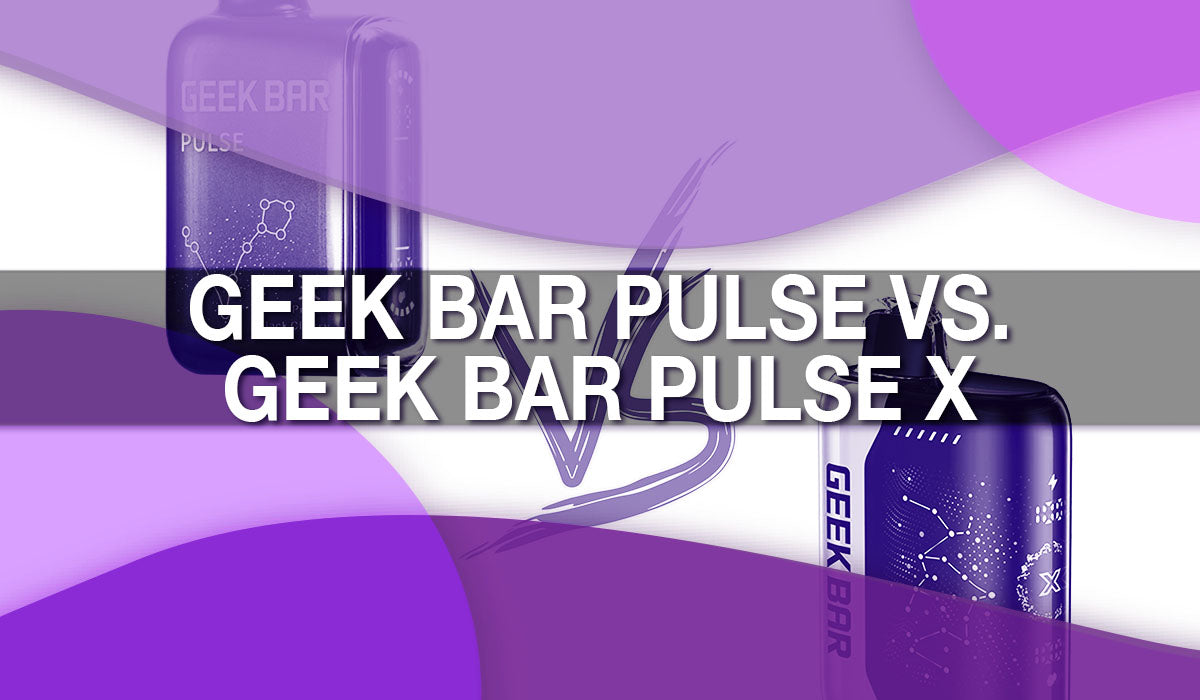
The Unintended Consequences of Quebec's Flavored Vaping Ban: A Surge in Cigarette Use
On October 31, 2023, Quebec implemented a ban on the sale of flavored vaping products, aiming to curb the rising trend of vaping among youth. However, a recent survey conducted by the Léger firm on behalf of the Coalition of the Rights of Quebecers who Vape (CDVQ) reveals troubling unintended consequences. According to the data, within just a few months, 36 per cent of vapers have turned to cigarettes.
The survey highlights a significant regression in public health efforts to reduce smoking. Of the vapers surveyed, 22 per cent have returned to cigarettes, while an additional 14 per cent have started smoking for the first time. This backslide is a stark contrast to the intentions behind the ban, which was primarily to protect young people from the potential harms of vaping.
A Setback for Smoking Cessation Efforts
Valérie Gallant, spokesperson for the CDVQ, expressed deep concern over the findings. "Our worst-case scenarios have come true," she lamented in a recent news release. The survey data supports her fears: 76 per cent of vapers originally turned to electronic cigarettes as a means to quit smoking, with 68 per cent citing flavored options as a critical factor in their decision.
The return to traditional smoking among former vapers is particularly disheartening. Many vapers found flavored products instrumental in their journey to quit smoking. Without access to these flavors, they are struggling to maintain their smoke-free lifestyle. "For our vapers, several of them, unable to find flavors, have simply started smoking again," Gallant explained. "You have no idea how sad this makes me."
A new study titled “The Effect of E-Cigarette Flavor Bans on Tobacco Use” is among the first to examine the effect of state and local restrictions on flavored vapor products shows evidence of an unintended effect of ENDS flavor restrictions that is especially clear among 18-20-year-olds: inducing substitution to combustible cigarette smoking.
Another Yale-led study shows that e-cigarette bans boost traditional cigarette sales.

Youth Vaping Rates and the Black Market
The survey also sheds light on the persistent issue of youth vaping. Despite the ban, 30 per cent of young people aged 16 to 24 report that they still vape. This statistic underscores a significant challenge: the ban has not effectively curtailed youth vaping. Instead, it has pushed many users towards the black market, which presents its own set of risks and complications.
"The fact that those who continue to vape buy their products on the black market does nothing to resolve the situation," Gallant noted. The black market for vaping products not only undermines regulatory efforts but also increases the likelihood of users encountering unregulated and potentially more harmful substances.
A Call for Reconsideration and Regulation
The CDVQ is calling on Health Minister Christian Dubé to reconsider the flavored vaping ban. Gallant and her organization advocate for a more nuanced approach that balances regulation with access to flavored products. They argue that such an approach could better support smoking cessation efforts while still addressing the concerns surrounding youth vaping.
"As I have mentioned on several occasions, Minister Dubé must reverse his decision, take a step back, and come back with solutions to regulate vaping while allowing flavors," Gallant urged.
Looking Ahead
The data from the Léger survey provides a critical snapshot of the current landscape following Quebec's flavored vaping ban. The rise in cigarette use among vapers and the persistent rates of youth vaping suggest that the policy, as it stands, may need to be re-evaluated. Policymakers must consider these unintended consequences and explore alternative strategies that can effectively reduce smoking and vaping rates without driving individuals back onto combustible cigarettes.
In the complex battle against smoking and vaping, a one-size-fits-all approach may not suffice. A balanced, evidence-based policy that addresses the needs and behaviors of all stakeholders—especially those using vaping as a tool—could lead to more successful public health outcomes.









Leave a comment
This site is protected by hCaptcha and the hCaptcha Privacy Policy and Terms of Service apply.